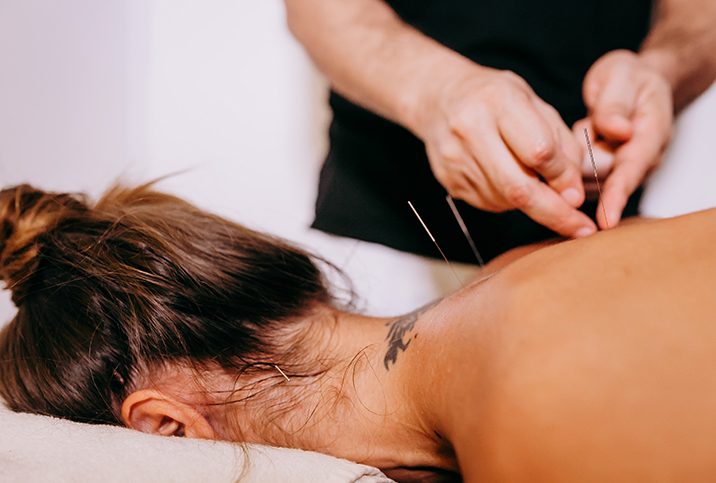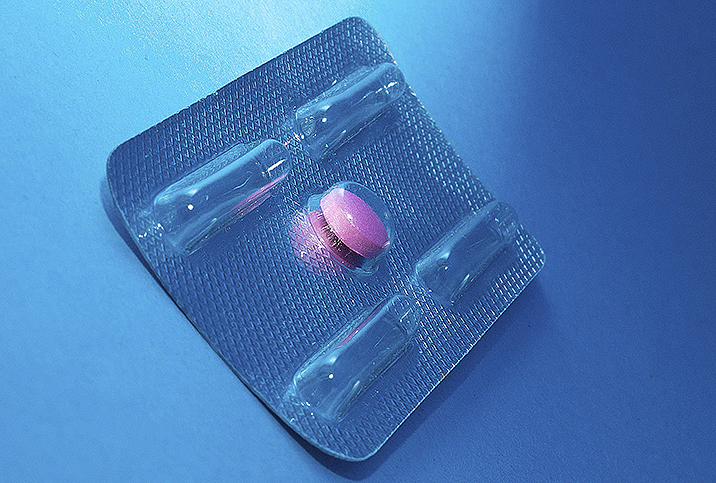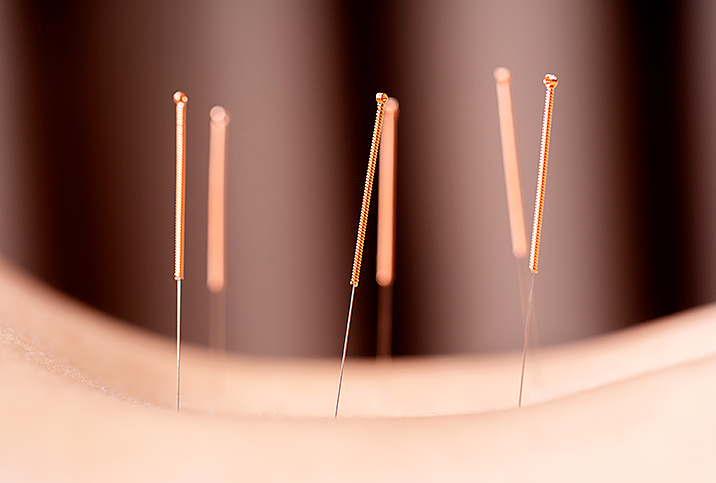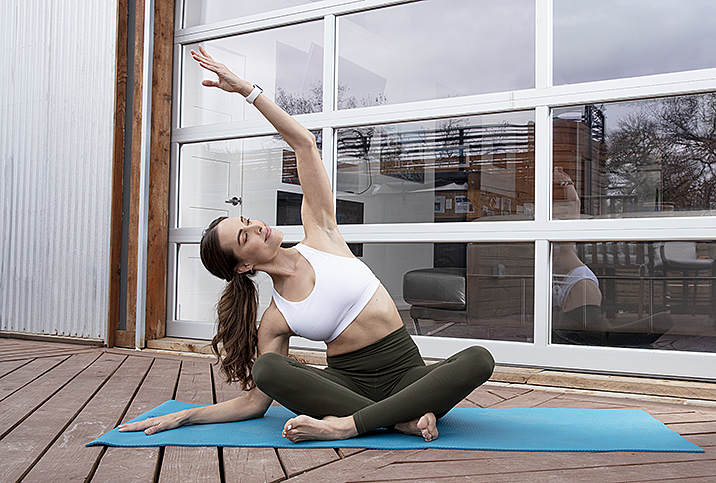Does Acupuncture Have a Role in Fertility Treatment?

Historians date acupuncture to between 2,000 and 4,000 years ago in ancient China. The goal of the traditional practice is to improve the body's circulation of both blood and energy. With the careful placement of tiny needles on targeted body parts, an acupuncturist aims to address various mental and physical conditions. Proponents believe acupuncture can remove blockages, regulate hormones, strengthen the immune system and restore optimal health.
There seems to be an acupuncture treatment for everything, and that includes improving your fertility, according to an increasing number of studies (with the caveat that more research is needed).
Acupuncture for infertility
In China, addressing fertility issues with acupuncture is nothing new. One mechanism through which it's believed to improve the chances of conception is stress reduction. Stress can prevent ovulation in general, as well as create spasms in the fallopian tubes and ovaries, which can prevent the successful implantation of a fertilized egg. Acupuncture strives to combat stress and the release of cortisol in the body, which can hurt the chances of pregnancy.
As the Western world becomes more open to acupuncture, some fertility clinics have started offering it as a complementary treatment to support individuals and couples undergoing in vitro fertilization (IVF). With the combined efforts of IVF therapy and acupuncture, people struggling with infertility may see some improvement. Acupuncture is also thought to help manage a variety of conditions that lead to infertility, such as:
-
Endometriosis
-
Fibroids
-
Ovarian reserve issues
-
Polycystic ovary syndrome (PCOS)
-
Sperm quality
Fertility treatments can be stressful, and acupuncture is a proactive way to reduce anxiety and promote relaxation. Acupuncture may also help offset fertility medications' common side effects, such as nausea and bloating.
What to expect with acupuncture
Even if needles make you squeamish, acupuncture likely won't give you too much pause. The needles are hair-thin and cause little to no pain when placed properly, and experienced acupuncturists are familiar with how to make patients comfortable. Professional and skilled acupuncturists can coach you through fear, easing you slowly through the process until you are acclimated. Look for a licensed practitioner in your state and one who is registered by a respected body. The National Certification Commission for Acupuncture and Oriental Medicine (NCCAOM), the American Board of Medical Acupuncture (ABMA) and the American Board of Oriental Reproductive Medicine (ABORM) are three such entities.
During your first visit, you may be asked to review your lifestyle habits and fertility concerns. One session can produce benefits, but for maximum benefits, many people choose to begin acupuncture one to three months before undergoing fertility treatments. A typical visit may last from 20 minutes to an hour, and a typical schedule is between one and three sessions per week.
Is acupuncture effective?
Some studies have demonstrated significant improvements with acupuncture for infertility. At least one meta-analysis indicated that acupuncture combined with IVF treatments on the day of embryo transfer improves conception rates compared to control groups with no interventions. However, most individual studies have been too small to deliver any concrete conclusions, and none have been double-blind or used a placebo test, making their results less reliable.
Infertility is a complex problem, and no two couples are the same. Some evidence does support the use of acupuncture for people trying to conceive, but there is no guarantee. On the positive side, there are no major downsides to trying it, and acupuncture is, at worst, ineffective. But it's not going to hurt your chances of becoming pregnant or negatively impact your overall health. Ask your OB-GYN or fertility specialist if they would recommend acupuncture for you.

















